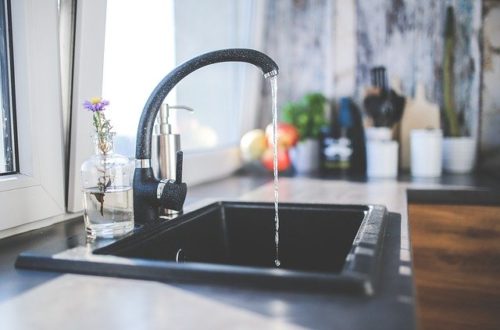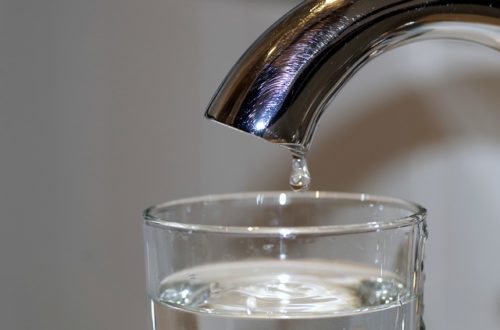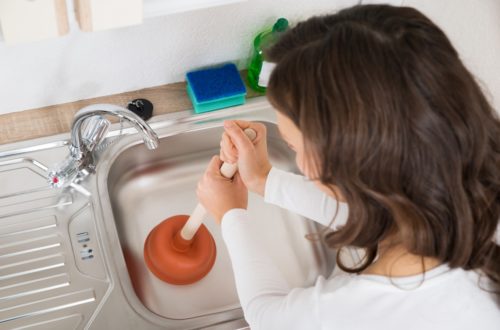Time to Put an End to That Rotten Egg Smell in Your Water

Are you noticing that strange rotten egg smell in your water? Water from either your well or piping system can carry a distinct odor. When used for washing, it leaves an unpleasant scent on clothes. The same holds true for a house washed with such water. Cooking with or even drinking smelly water can be even more problematic. If the water you’re using has this distinctive smell reminiscent of a rotten egg, chances are high that there’s a hydrogen sulfide problem.
Hydrogen sulfide is a gas often recognized by its distinct ‘rotten egg’ smell. This odor comes from decaying matter that may have accumulated over time. Scientifically, it results from the breakdown of sulfur compounds by other sulfur compounds. This process is most common in groundwater, such as wells, but can also be present in piped water supplied by municipalities. Slightly higher temperatures are known to accelerate this process. Exposure to water containing a mild concentration of this gas might lead to certain side effects, including:
- Nausea
- Cough
- Sore throat
- Eye irritation
- Shortness of breath
Low-level exposure over an extended period might result in loss of appetite, headaches, poor memory, and irritation. In cases of chronic exposure, reproductive health issues and even miscarriage can occur. Aside from the health effects, it’s also embarrassing to serve your guests or friends smelly water. So, what’s the solution?
Determine the level of contamination
Before seeking a lasting solution to the foul smell in your water, it’s advisable to assess the concentration of this gas in the water you’re using. Undoubtedly, your nose will lead you in the right direction. Trust it. The distinctiveness of hydrogen sulfide makes it easy to detect, even in low concentrations.
You can start by turning on both the cold and hot water faucets and smelling the water coming out. Do this one at a time, allowing the water to run for a few minutes in each case. If you only detect the foul smell in the hot water, the problem might be in the water heater. There could also be issues with the plumbing system. Be thorough in conducting this test on various faucets. If the odor only comes from specific faucets, it’s likely that the source is in the pipes or drains associated with that faucet.
Putting an end to the foul smell
When it comes to dealing with the unpleasant odor, the approach may vary depending on the root cause. If the issue stems from the plumbing system itself, it might be necessary to consider a process known as chlorination. This involves introducing chlorine into the system to neutralize any sulfur compounds causing the odor. It’s a targeted and effective solution to tackle the problem at its source.
On the other hand, if the foul smell is isolated to specific sinks or fixtures, a straightforward yet effective method involves disinfecting and thoroughly flushing the affected area. This process helps clear out any buildup or contaminants that might be contributing to the unpleasant odor.
However, for a comprehensive and long-lasting resolution to hydrogen sulfide concerns, installing whole-house water filters stands out as the optimal solution. These advanced filtration systems work tirelessly to remove impurities, including hydrogen sulfide, from every water source in your home. By investing in this technology, you’re not only bidding farewell to the foul smell but also ensuring that your family is protected from potential health risks associated with contaminated water.
Remember, you have the power to transform your water quality. Don’t let the presence of hydrogen sulfide disrupt your daily life. With whole-house water filters and targeted treatments, you can permanently rid yourself of this nuisance, creating a safer and more pleasant environment for your loved ones.
Would you like to receive similar articles by email?





